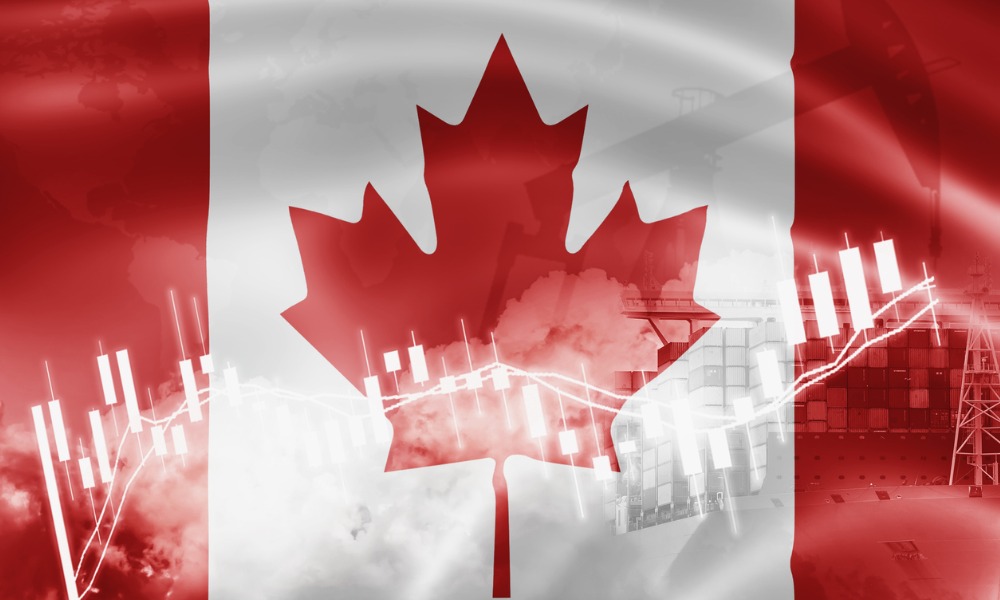Canadian businesses see growth ahead, but US trade policies heighten economic uncertainty

The Bank of Canada’s latest survey indicates the economy is stabilizing, though uncertainty looms due to US trade policies under President Donald Trump.
Financial Post reports that the central bank’s business outlook indicator rose to -1.2 in the final quarter, up from -2.3 previously. This marks the third consecutive quarterly improvement, with the indicator now at its highest level since early 2023.
The bank noted “emerging optimism” and “tangible improvements” in activity, attributed to lower interest rates and slowing inflation.
Businesses expressed optimism about sales growth and investment intentions.
The survey revealed that firms anticipate higher sales activity over the next year and are resuming investment plans that were previously postponed. Lower financing costs and improved demand outlooks have encouraged these changes.
However, Trump’s election has prompted some firms to brace for higher input costs, selling prices, and reduced capital expenditures. Employment and domestic and export sales are also expected to decline.
The business survey, conducted between November 7 and 27, did not fully capture the impact of Trump’s proposed 25 percent tariff on Canada and Mexico, which he announced on November 25.
While Trump is not expected to impose tariffs immediately after his inauguration, reports suggest federal agencies will study trade relationships with Canada, Mexico, and China.
A separate consumer survey conducted after Trump’s tariff comments found Canadians increasingly concerned about economic uncertainty. High housing costs and rising prices for goods and services continue to influence spending decisions.
Despite this, consumers expressed optimism, expecting spending to grow faster than prices for the first time since 2021.
Nearly half of surveyed consumers anticipate a recession in the coming year, while only 15 percent of businesses share this outlook. Majority of consumers (58 percent) remain uncertain about the economy’s trajectory.
According to the bank, the sources of economic uncertainty have shifted from interest rates and government policies to global tensions, including those related to the new US administration.
Both surveys highlighted concerns about the labour market. Consumers reported a higher likelihood of job loss compared to the previous quarter, while businesses noted spare capacity and modest hiring plans.
On inflation, consumers’ expectations have largely returned to pre-pandemic levels. Firms expect cost growth to ease and selling price growth to stabilize, although their inflation expectations remain within the bank’s 2-3 percent target range.
More than half of firms anticipate inflation between 2 percent and 3 percent over the next two years.
The Bank of Canada will set its next rate decision on January 29.
The benchmark overnight rate remains at 3.25 percent, with policymakers signalling a gradual reduction pace following aggressive rate cuts since June, as consumer price growth has dropped below 2 percent.



